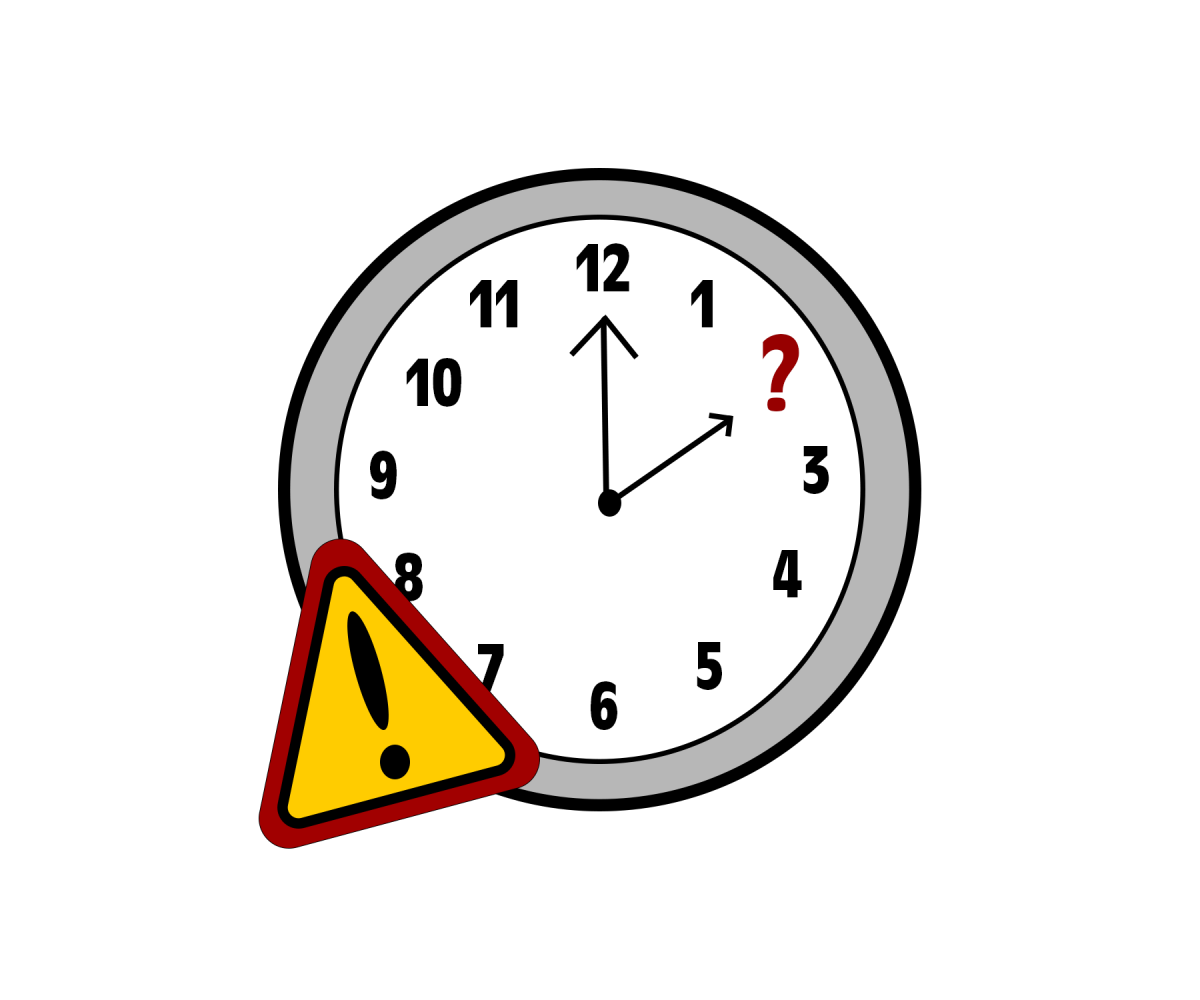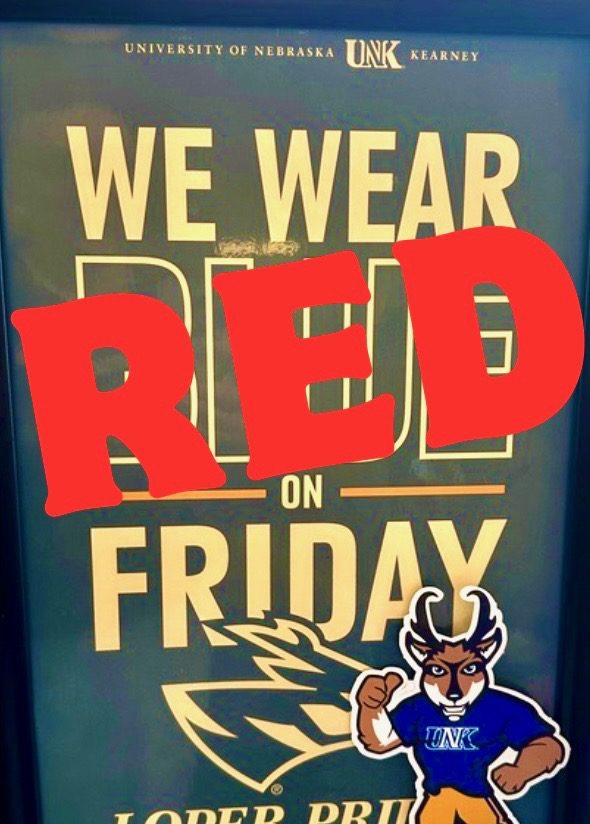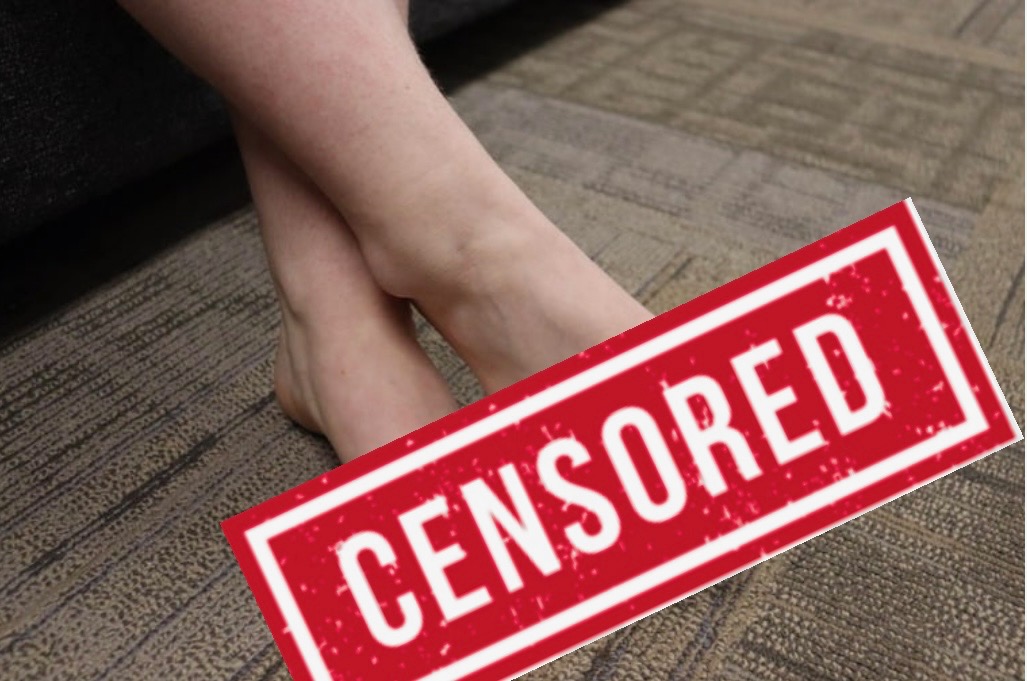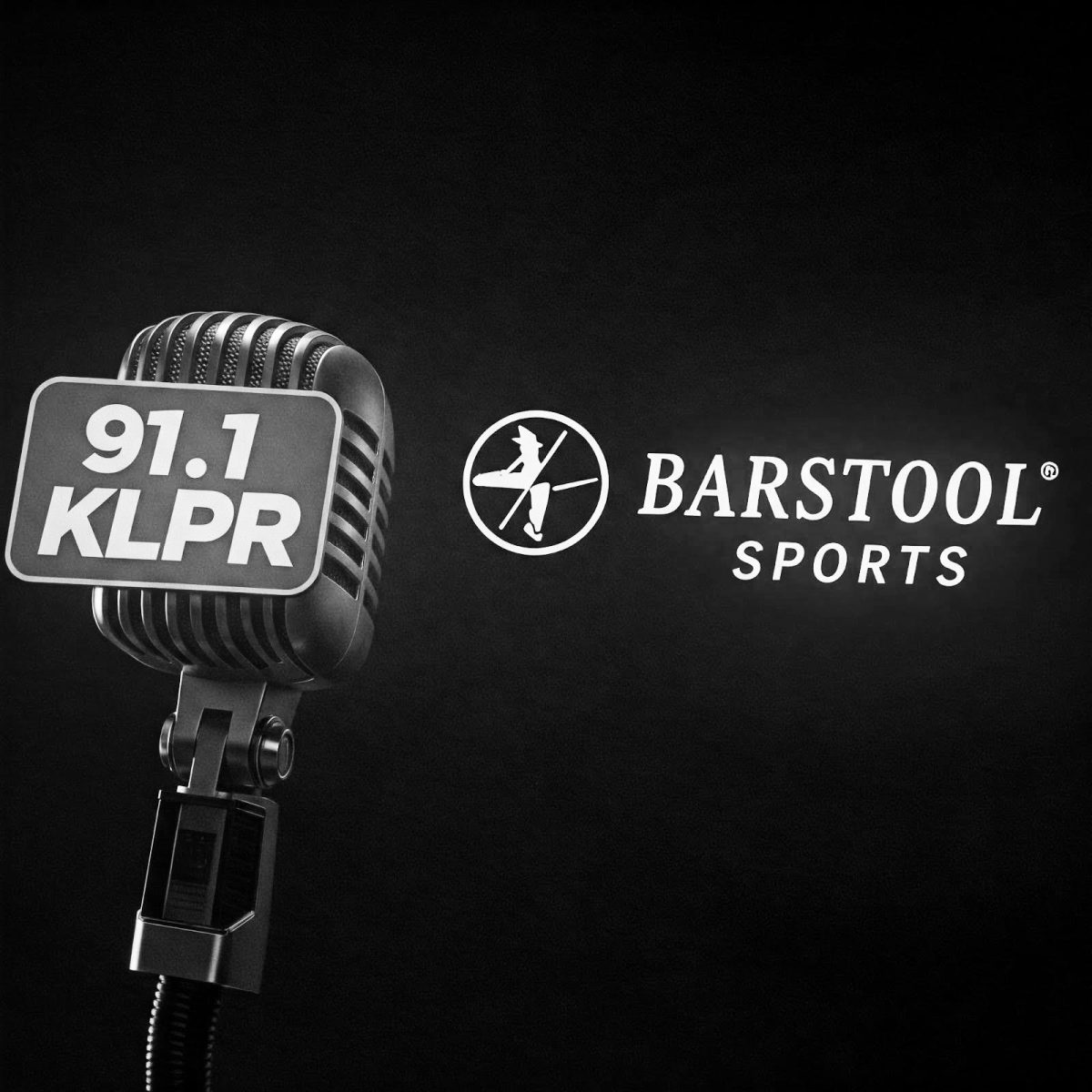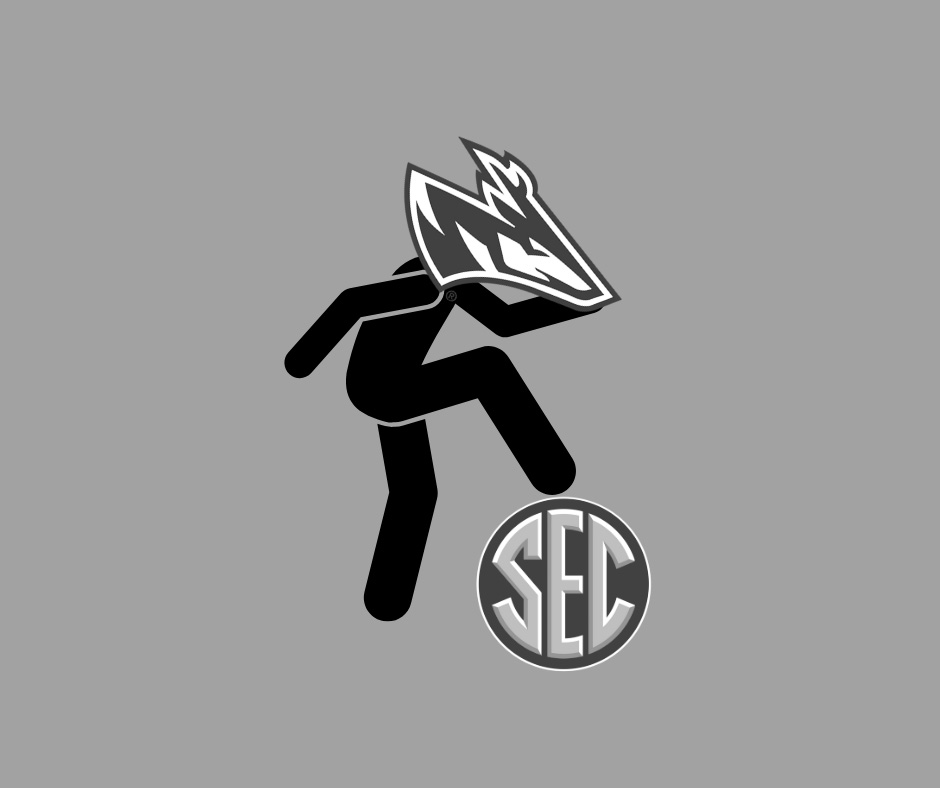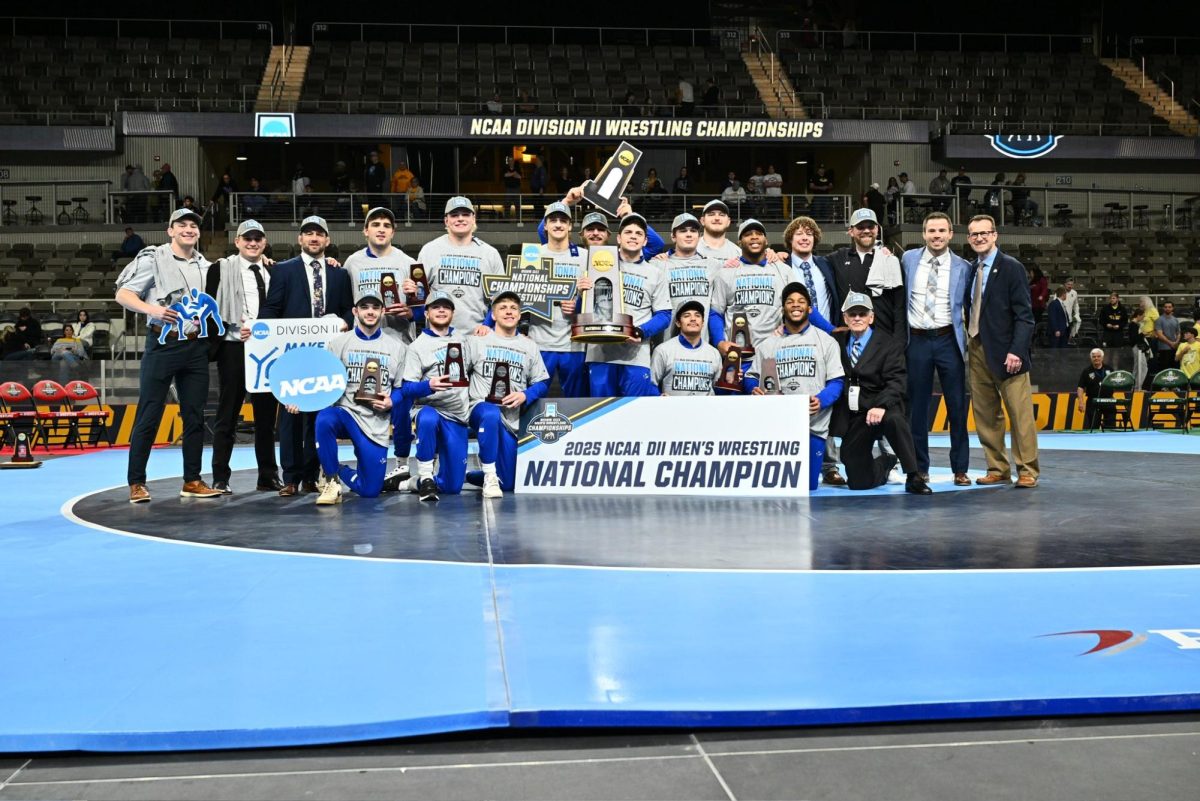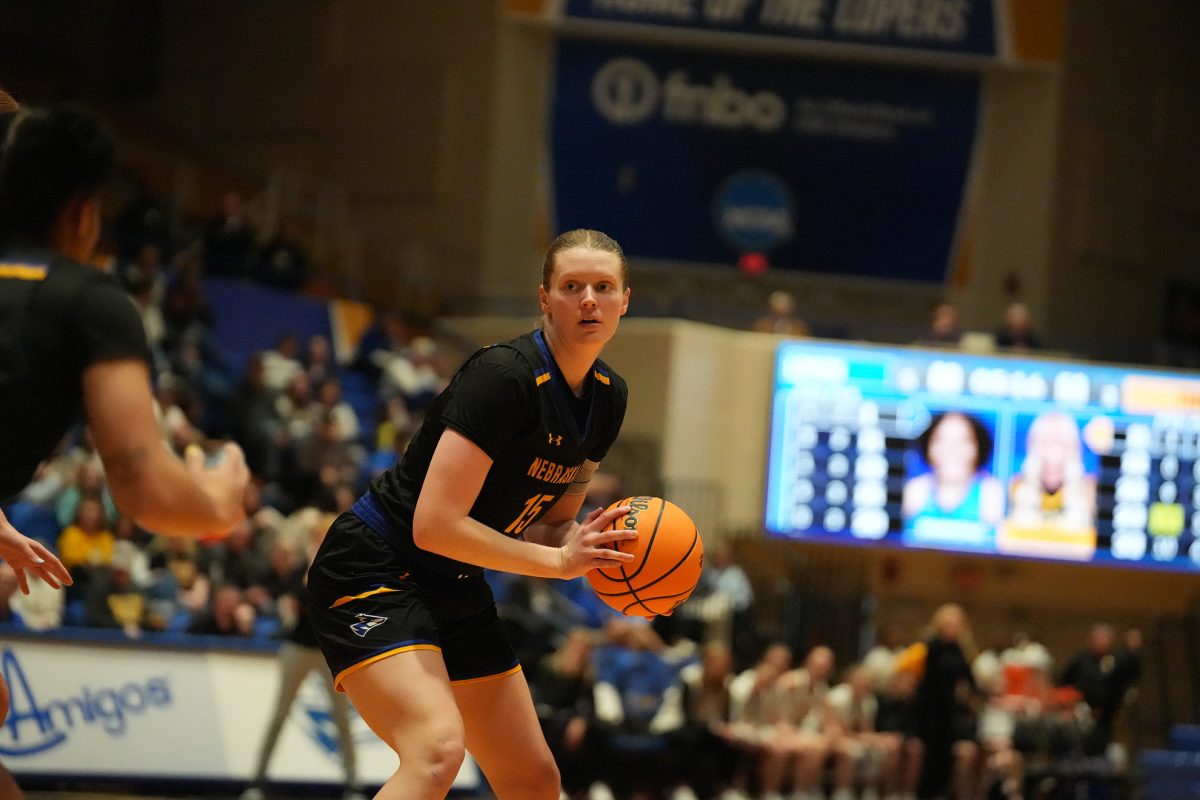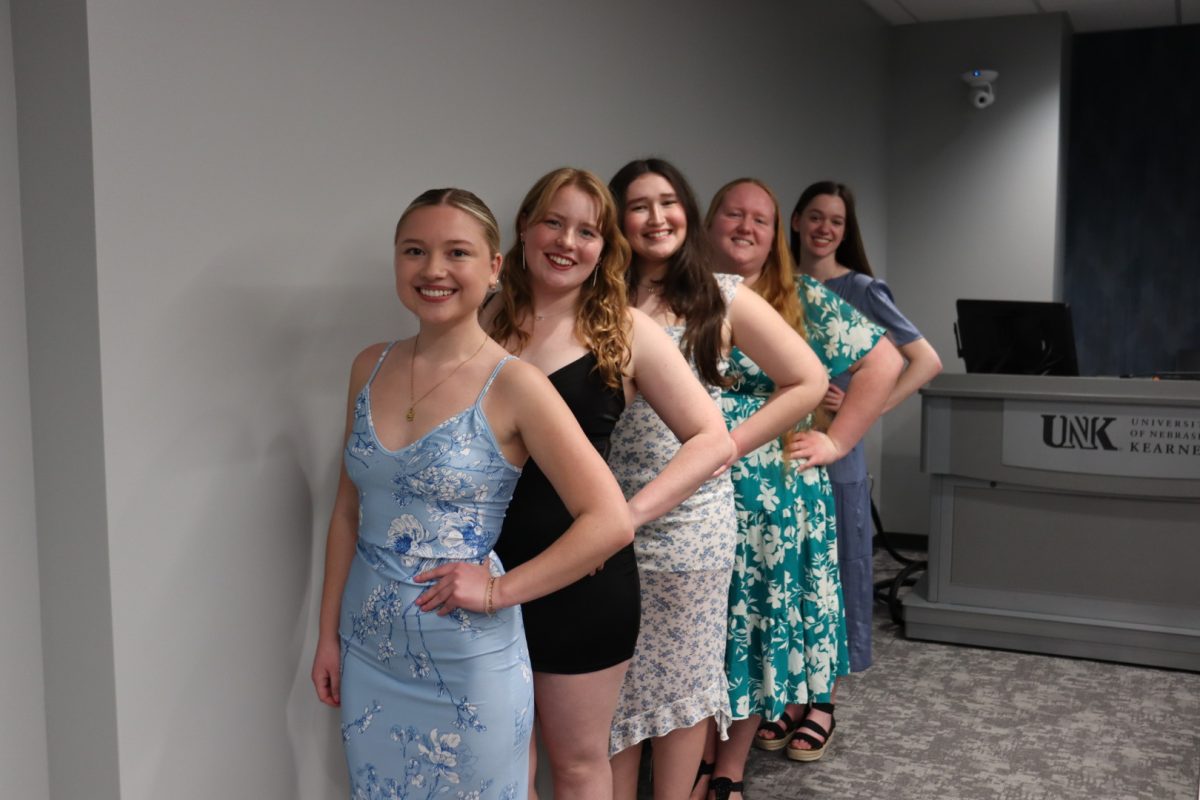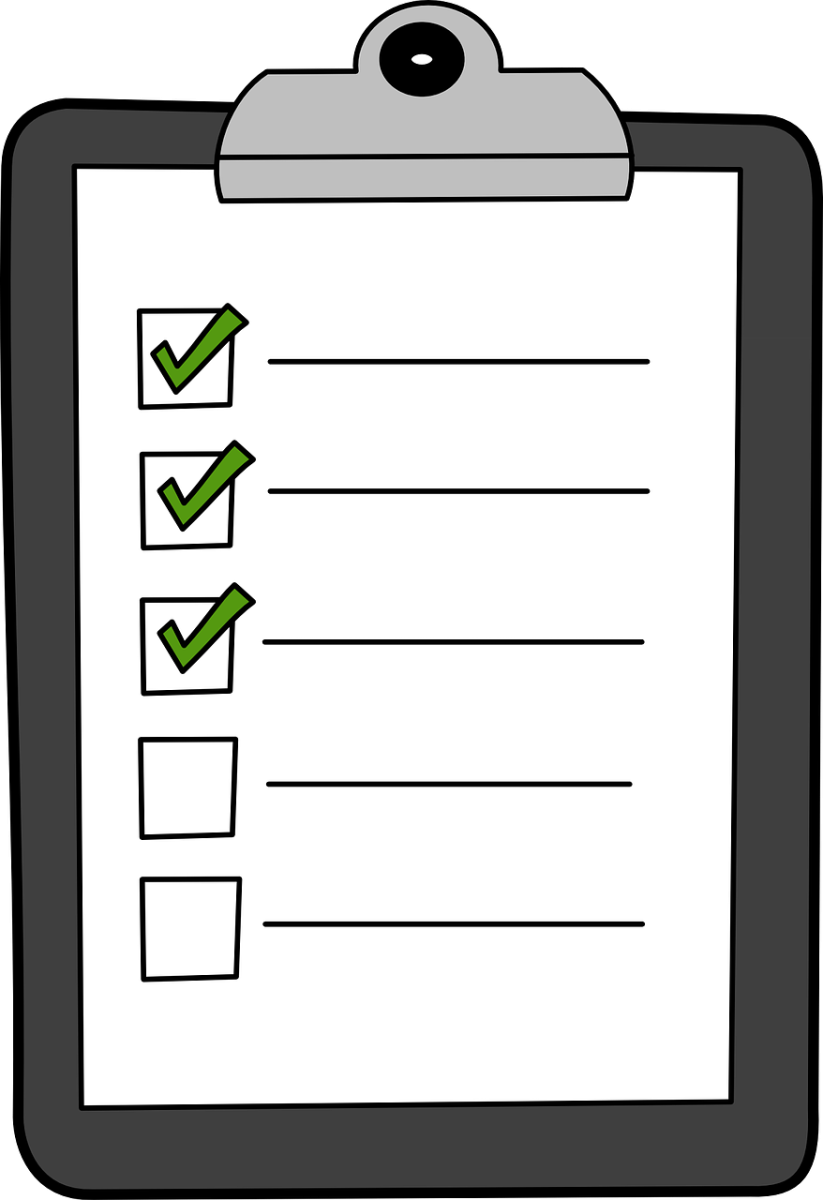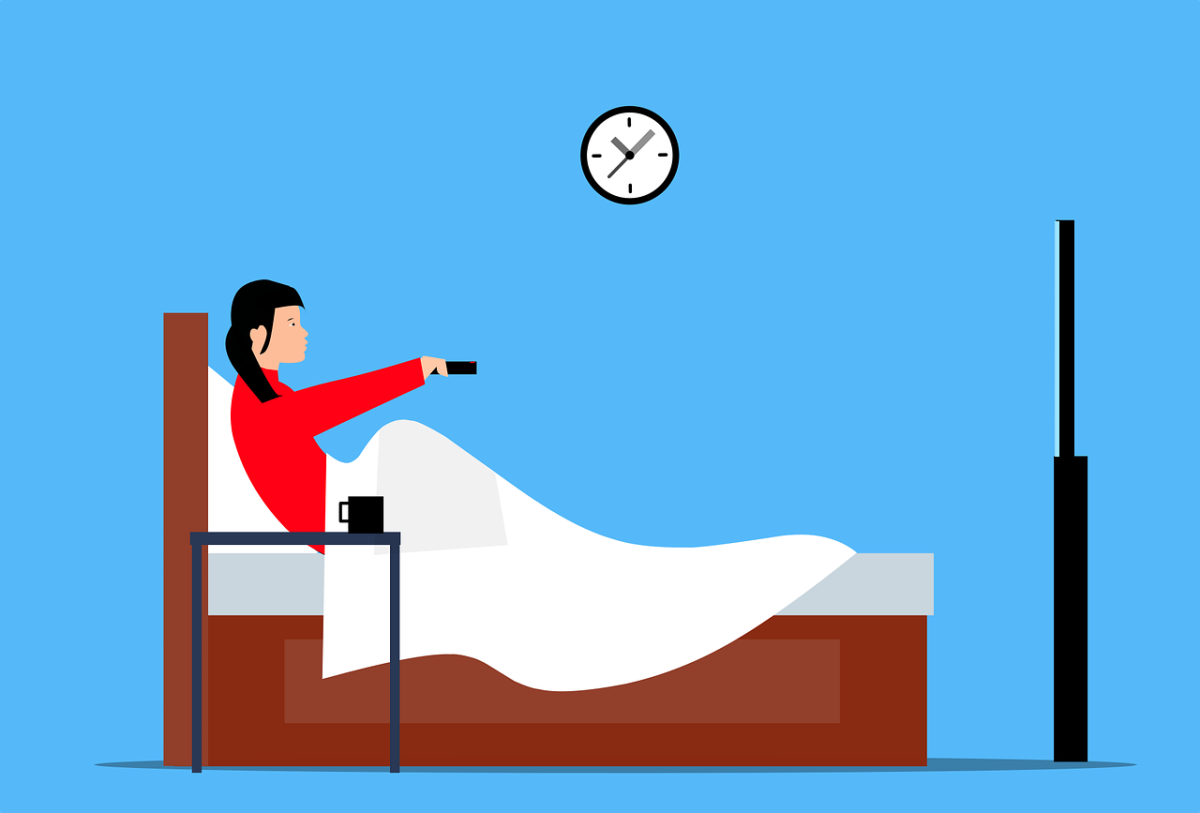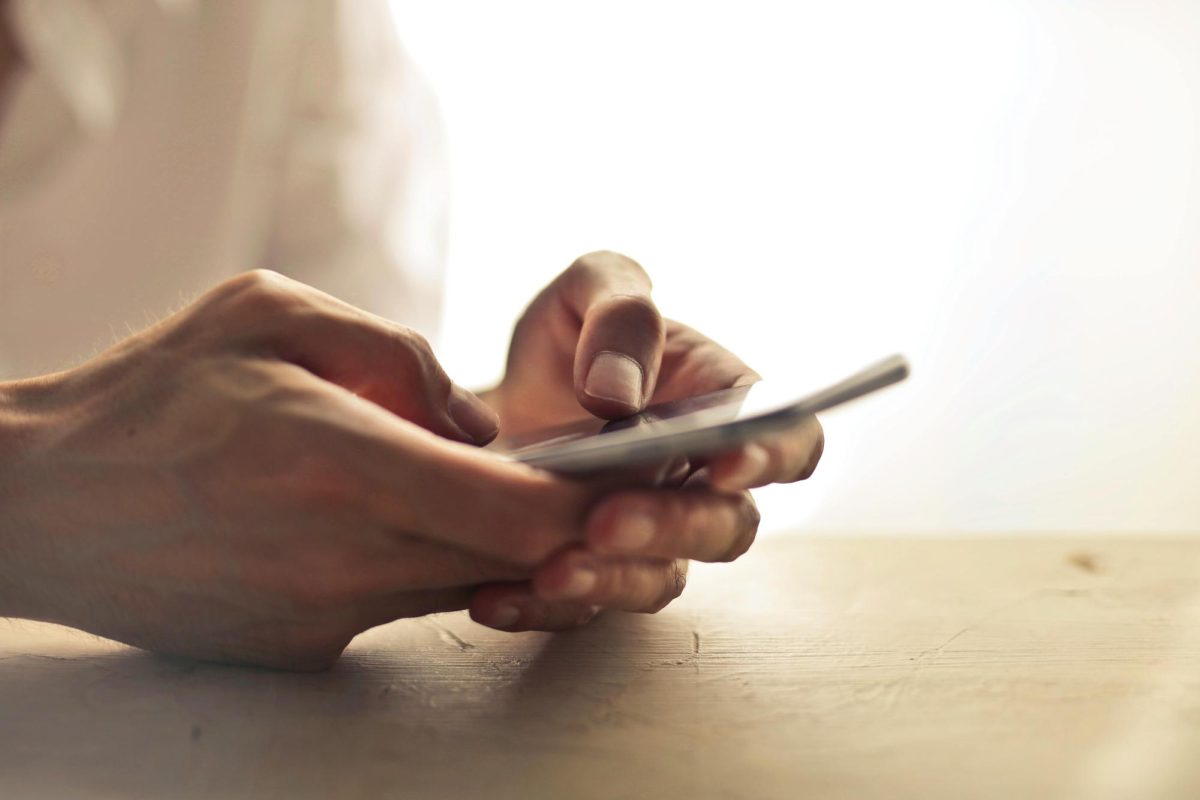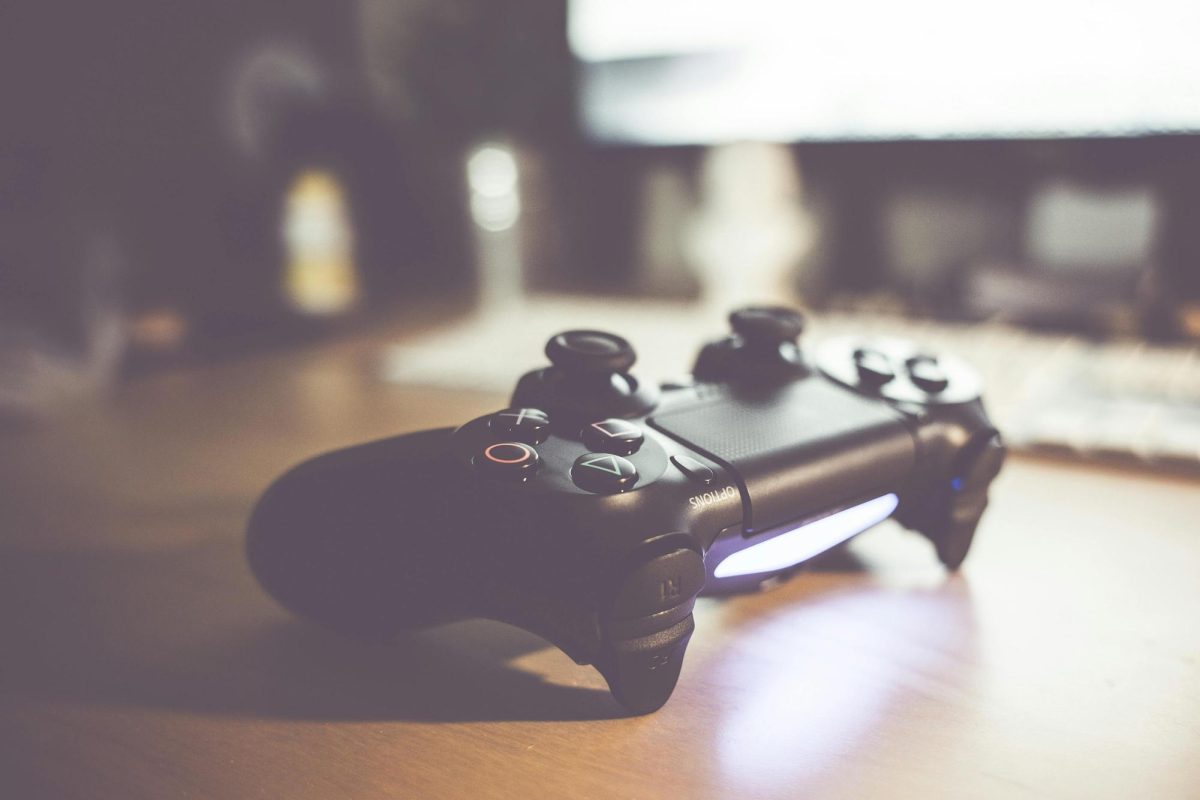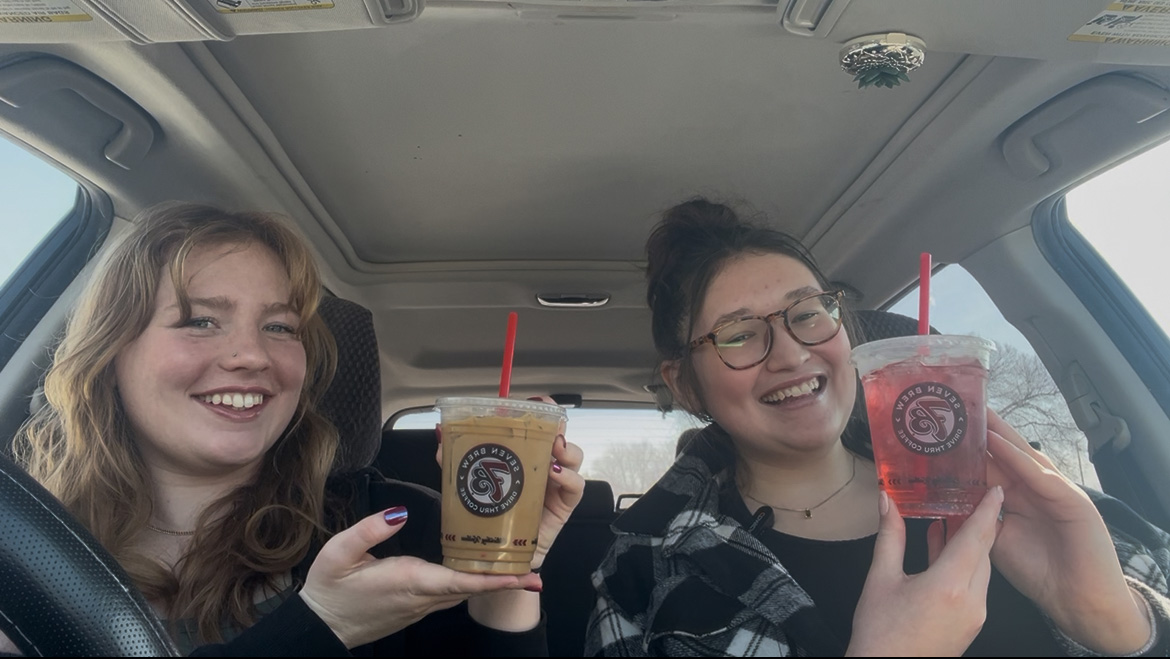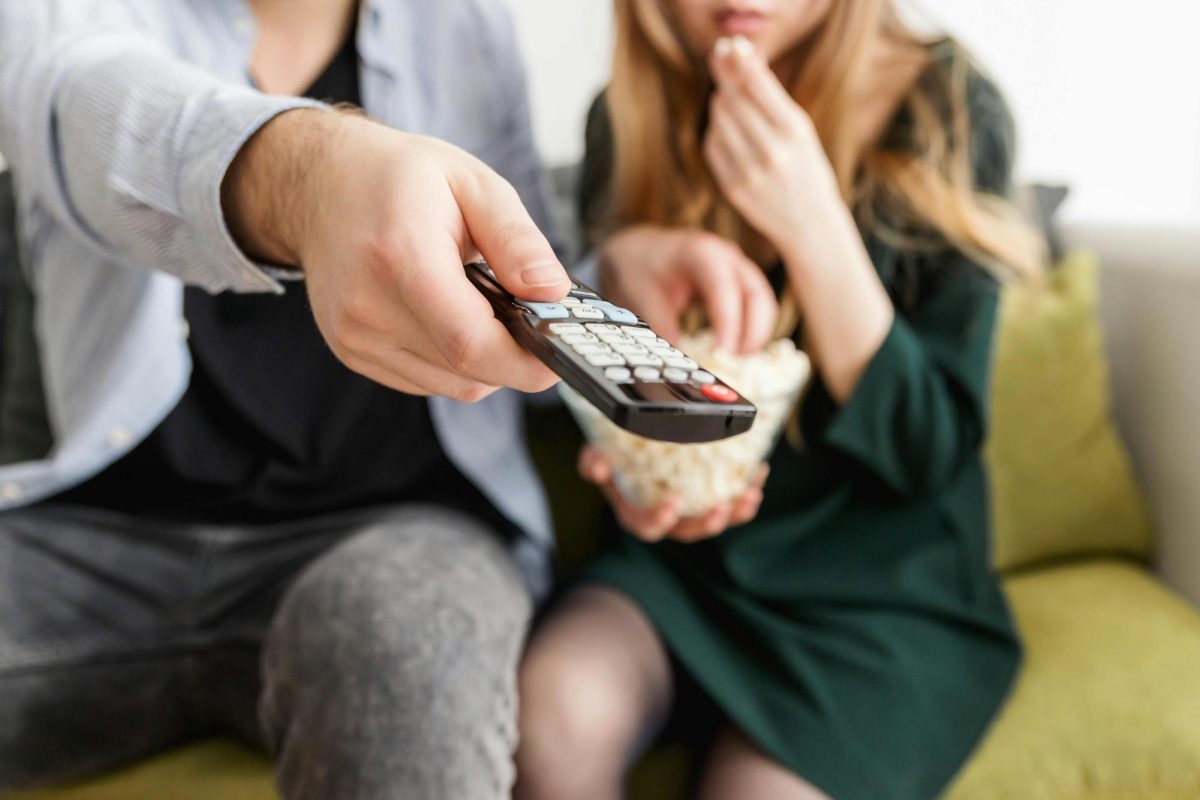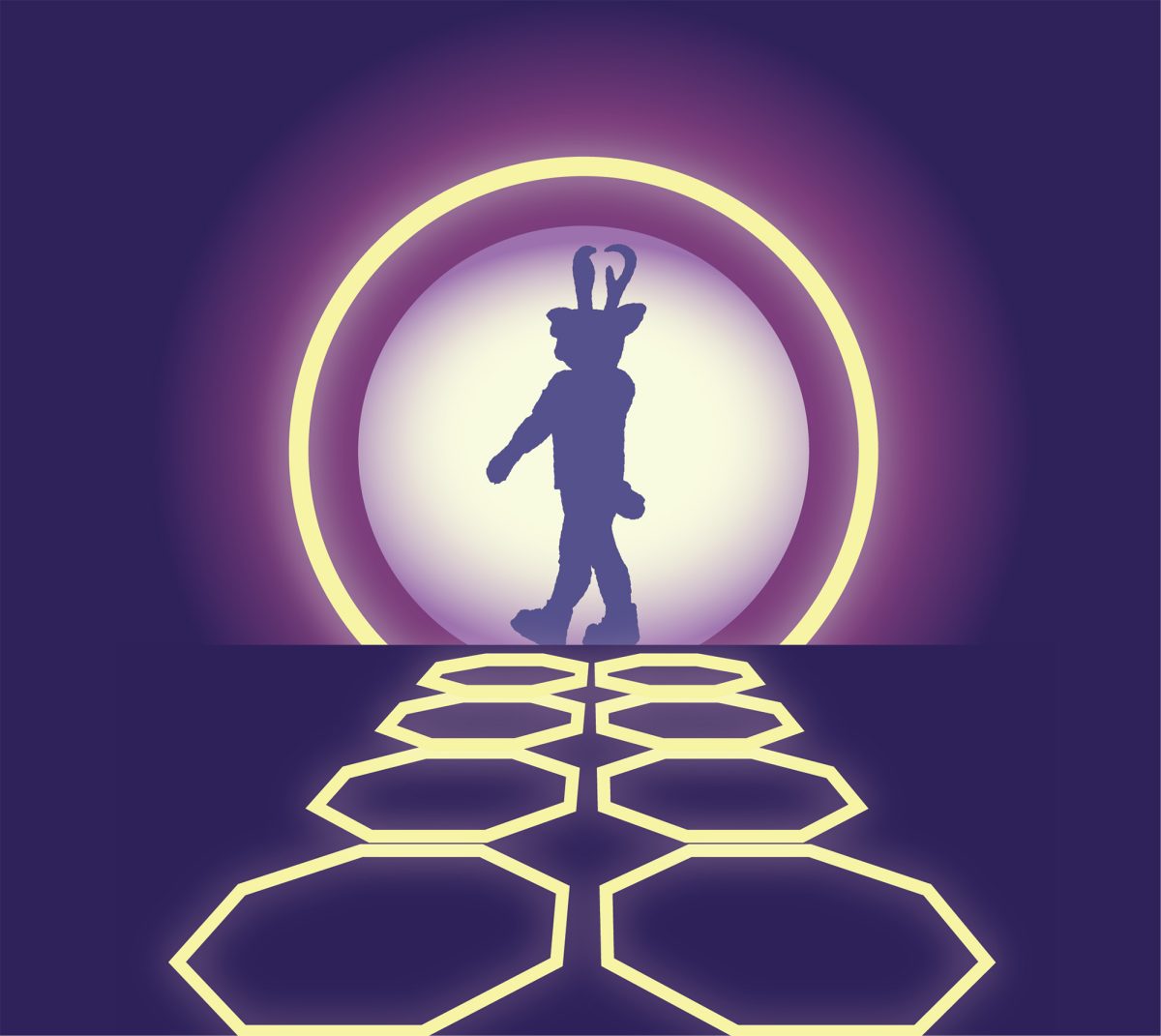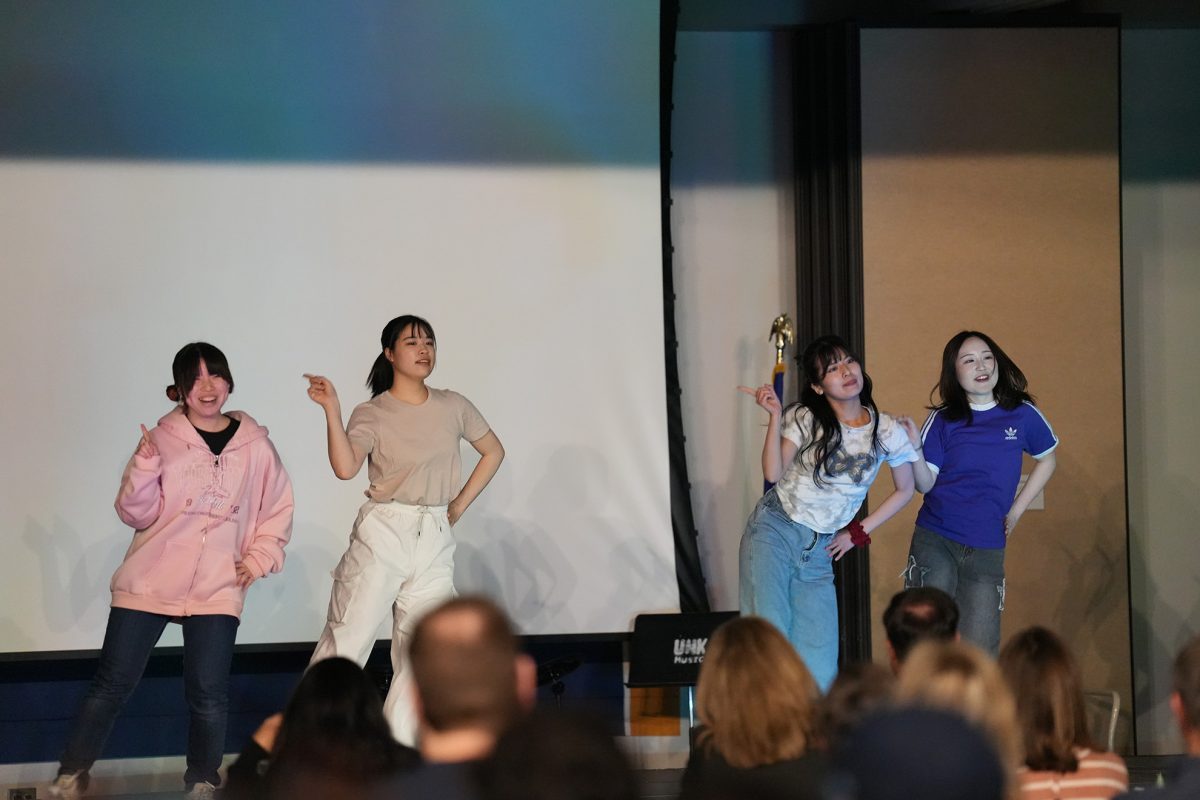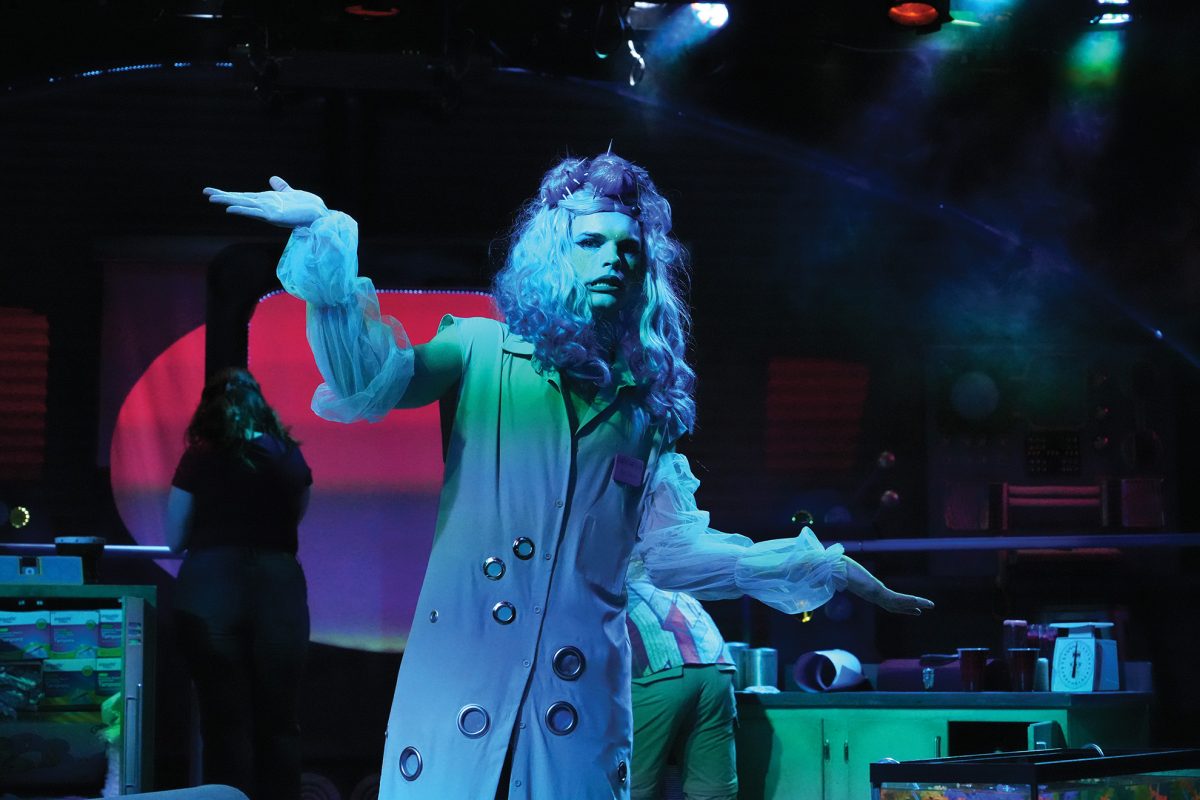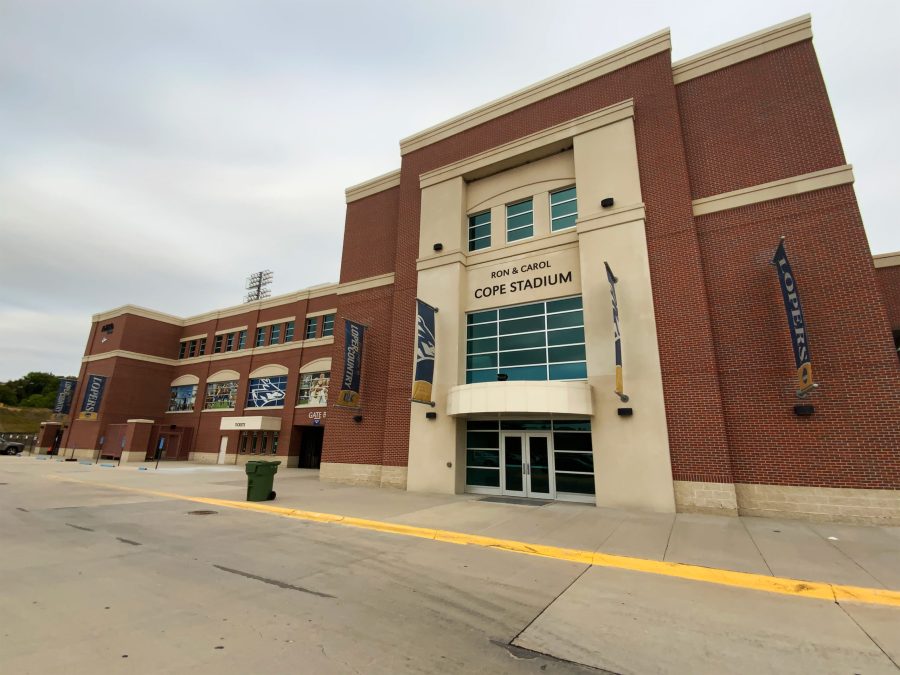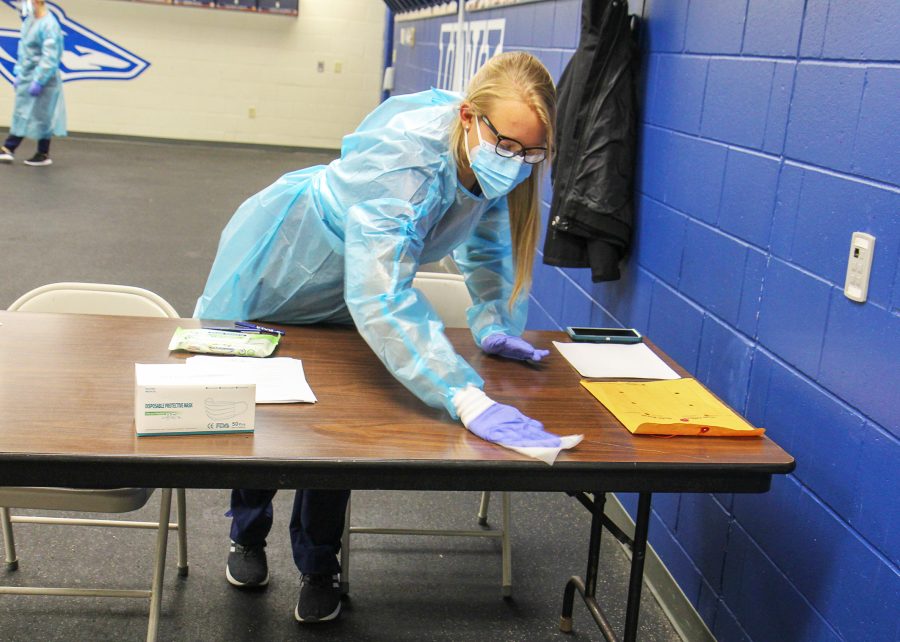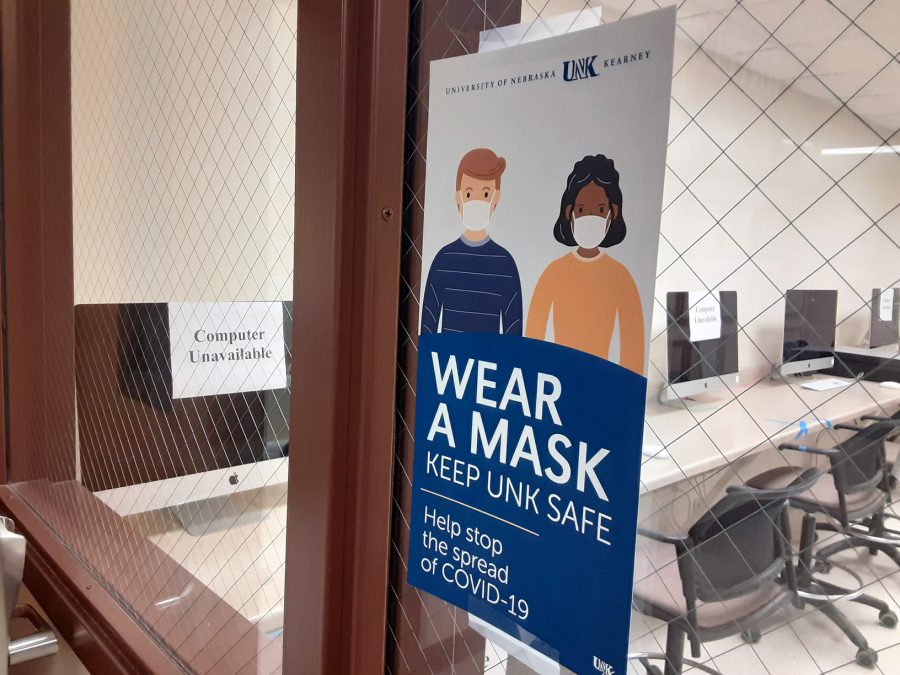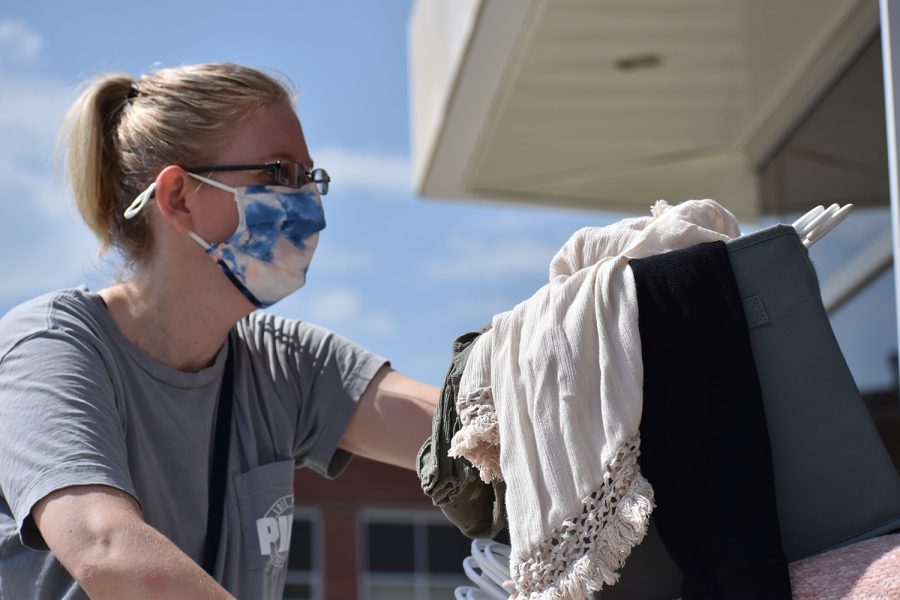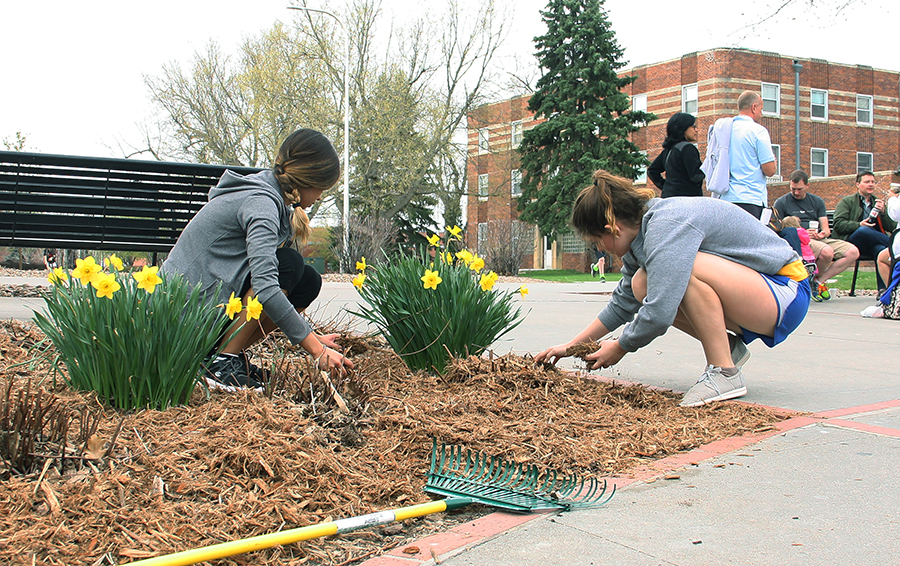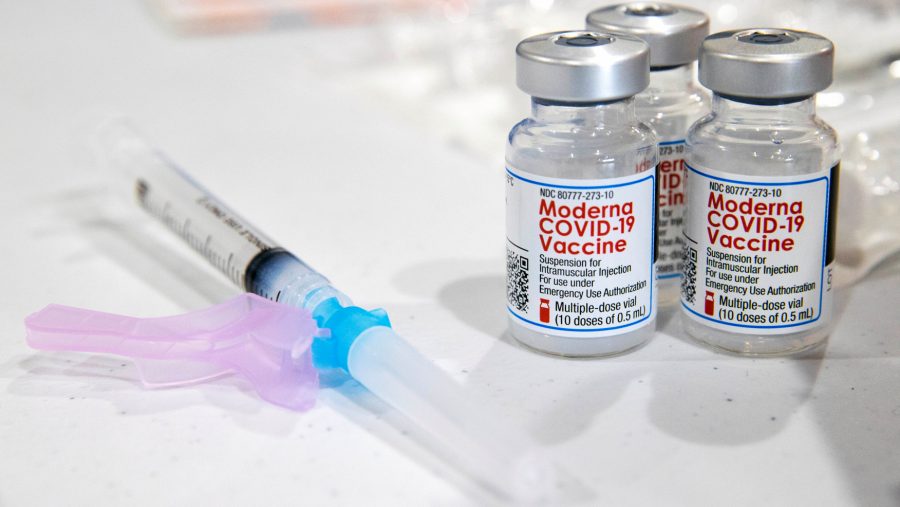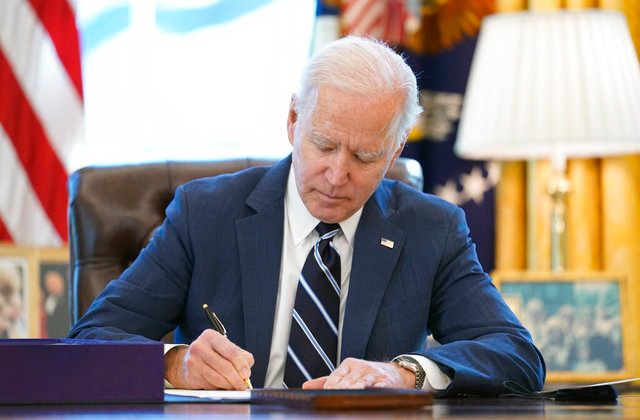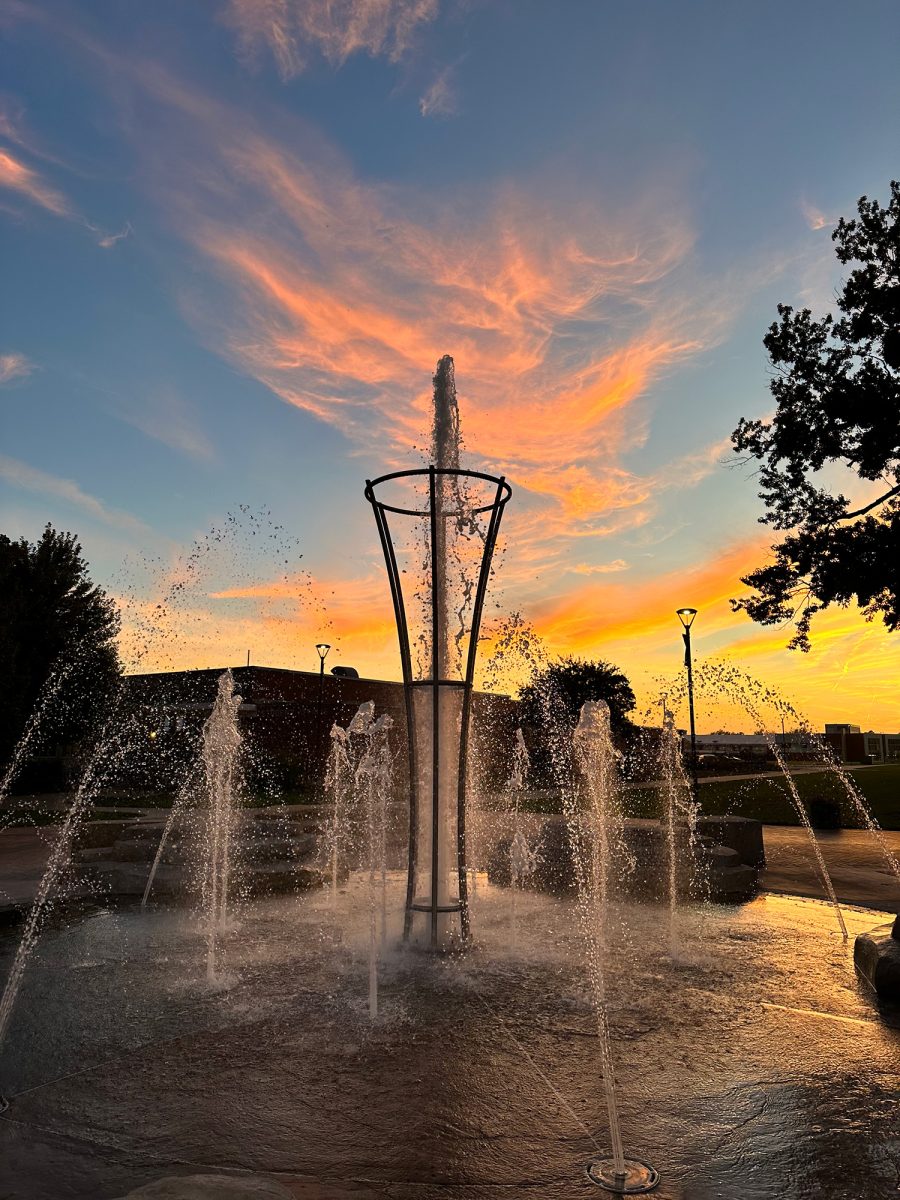mcdonaldge@lopers.unk.edu
liermanm2@lopers.unk.edu
Two weeks ago, UNK Communications announced the beginning of random COVID-19 testing on campus. Faculty and students who live on and off campus will be notified via email a week before the next testing period.
Testing data will enable UNK leadership to make informed decisions.
“The questions we are trying to answer is ‘What is the prevalence of the disease on campus and in what populations?’” said John Falconer, senior advisor to the chancellor for executive affairs. “That information is going to tell us if our policies are working. If I ask you to test, I’m not doing it because I think you might have COVID; I’m trying to figure out what percentage of students have it.”
But response rate is proving to be a challenge.
“This week I think we had something like 15 or 16 students come through,” said Falconer. “But 30 is sort of the target number for each of those populations. I appreciate them doing that— doesn’t give us any statistics.”
To combat this, the program expanded the number of students they invited to 150 for the second round in hopes of reaching a statistically significant sample size.
Falconer points to personal factors that may be affecting student response rates.
“The challenge we’re running into, you can imagine, is a student who feels fine who’s seen in the media that it’s not a great experience,” said Falconer. “And we throw in the risk that if you test positive, you’re going to be pulled out of class for two weeks. Because they see they have something to lose, they’re weighing their individual interest against the collective interest.”
As a result of these factors, useful information is harder to come by than it was during summer, when testing was more scarce and the personal stakes were lower.
“The biggest reason most students, including myself, don’t want to be tested is a fear of what a positive result means for their academics,” said Andrew Poppe, an exercise science senior. “They get stuck in isolation, and really no one performs well when they aren’t able to attend lecture and being forced to quarantine or isolate is a nightmare for students who have labs.”
Poppe said students might participate if their GPA could be secured.
There is also concern about being forced to leave campus completely if the number of positive cases continues to increase.
“Despite what university does, it’s not going to be able to hold the spread of the virus or contain the virus in any way, in my opinion,” said Jacob nore, a history education senior. “And so I think the random testing will just make it so that we won’t be able to have in person classes anymore, because the virus is spreading, but it’s going to spread anyway.”
Meanwhile, some students are relieved by the university’s decision to randomly test for COVID-19.
“Knowing people can be asymptomatic and still spreading it, I believe that random testing will give us more information for immunocompromised people like me and just the general campus population to make informed decisions on things that may happen in the future,” said Kaitlyn Pflaster, a sophomore majoring in English. “I want to have the college experience just like everyone else and if wearing a mask and possibly being randomly tested is what it takes, then I’m willing to do so.”
Despite the controversy, many students are following through with the testing process.
“As someone who was one of the first people to get random COVID tested, I’m all for it, because it gets a better idea of what is happening within the student body population,” said Rochelle Hazelton, a music education senior. “If someone were to disagree with that, they can always opt out, but in general, it’s a great thing because you can be asymptomatic and have no idea that you are spreading the disease to literally everyone.”
Hazelton said she received an email last Sunday asking her to get tested at Cope Stadium Monday afternoon. She scanned the QR code outside of the north locker room doors and filled out a survey. A swab was inserted into her nose, and she got her results within 72 hours.
“I was pretty over and done with it like within a couple minutes like I cried my one man tear, but it wasn’t a big deal,” Hazelton said.


